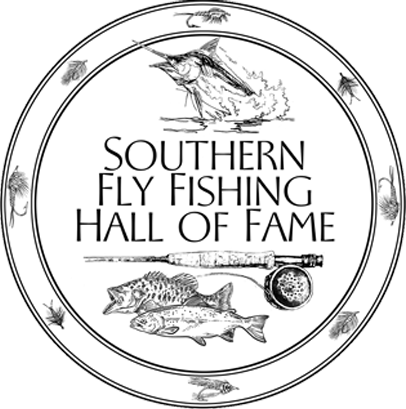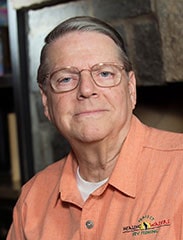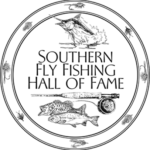George was born in 1939 and was raised on the Gulf of Mexico in southern Louisiana. Taught to love fishing by his Dad, he spent his youth on the coasts of Louisiana and Florida. At age 10 he acquired his love for the Great Smoky Mountains at a summer camp near Brevard, NC. When 15, he was appointed a Page in the U.S. House of Representatives in Washington, DC, and was selected to be the House Floor Page Overseer. In 1957, he graduated from the U.S. Capitol Page High School. Returning to Louisiana, he attended Tulane University in New Orleans, and in 1963 graduated from the University of Wyoming.
After returning to Louisiana, he helped manage his family’s business until 1965 when he moved back permanently to Washington, DC. He advanced rapidly through positions at the U.S. Chamber of Commerce, Motorola Communications, the White House President’s Council on Youth Opportunity, and the Office of the Mayor of Washington, DC before launching a 43-year career at the U.S. National Institutes of Health (NIH) in 1971.
Though always an active fisherman, it wasn’t until 1999 that he got involved with fly fishing. Soon an ardent supporter, he became active in the National Capital Chapter of Trout Unlimited (NCC-TU), serving two terms as Chapter President before serving two terms as the Chair of the Mid-Atlantic Council of Trout Unlimited. Always interested in youth education and development, in 2005 he was a founder of the Trout Unlimited Tri-State Conservation & Fishing Camp for teen-age youth. He remains the Executive Director of the Camp, which will celebrate it’s fifteenth year of operation this summer.
George’s involvement with Project Healing Waters Fly Fishing (PHWFF) began with a phone call 15 years ago. A retired Navy Captain who was a patient at the original Walter Reed Hospital, was calling his National Capital Chapter of Trout Unlimited looking for some help. He was very concerned about the injured and disabled active military patients at the Hospital and wanted help to “take them fishing.” He said, “They really need to get out of here and go fishing.” George, who had worked at the National Institutes of Health for over 35 years then, got the call because he was the current President of the NCC-TU. He remembers that it took the caller, PHWFF Founder Ed Nicholson, about two minutes to get him to say “Yes Sir, you bet we’ll help.” So NCC-TU became the sponsor of the Walter Reed group that developed into the first PHWFF local program, and for a year and a half it provided the operating funds and many of the initial volunteers that launched PHWFF. George became the first PHWFF Treasurer and a Member of the original Board of Trustees.
Ironically, in those early years both George and Ed were cancer patients (fortunately now survivors), and George, who had worked with NIH’s National Center for Medical Rehabilitation Research, had served as a volunteer at Walter Reed Hospital and had tried quite unsuccessfully to take some patients fishing. It took the Captain’s refusal to take no for an answer that got the organization established. George has said, “I don’t think anyone other than Ed could have made it happen.”
Now retired, but still busy, George remains heavily involved with PHWFF, the TU Tri-State Youth Camp, and many other projects seeking to spread the word about the life-long benefits of fly fishing. He says, “I’ll never be able to repay what it has given me.”


